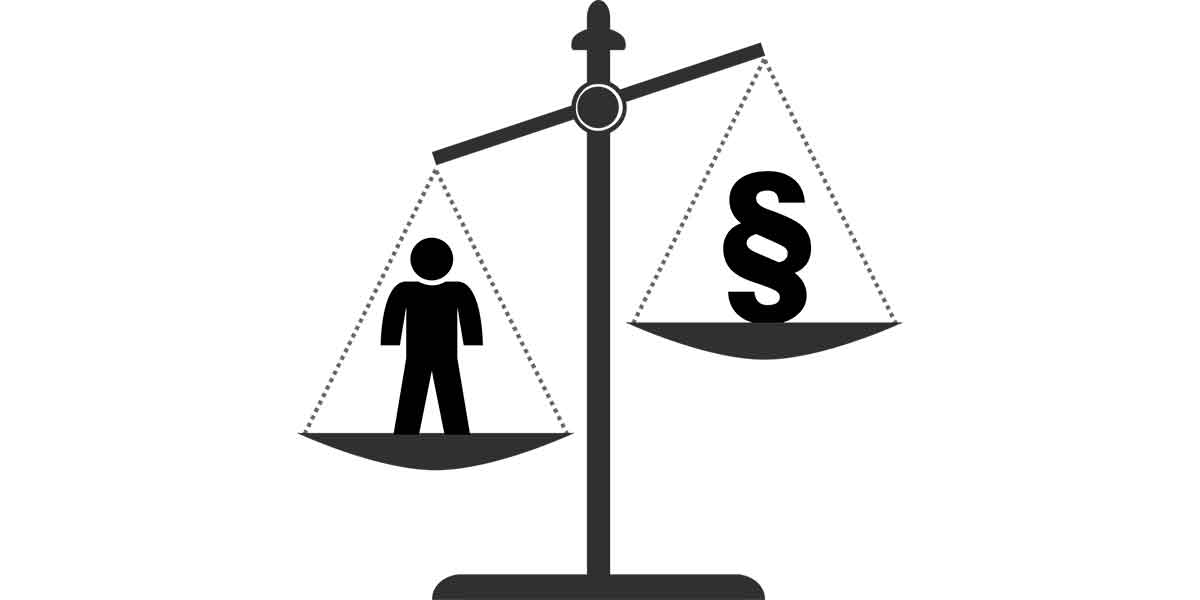Estate planning refers to the process of strategically organizing and managing an individual’s assets after their passing. The assets owned by an individual become part of their estate upon death, which is then distributed to the decedent’s beneficiaries and heirs. This process includes creating a will, establishing a trust, or making charitable donations, with the estate distribution guided by the instructions outlined in the will or trust document.
Estate planning also involves considering the impact of estate taxes on heirs, prompting individuals to utilize trusts or charitable donations as tax-saving strategies. To ensure a comprehensive estate plan, individuals need to understand key aspects of estate planning, including the following:
1. Will in Estate Planning
A will serves as a legal document detailing the wishes of an individual concerning the management of their assets post-mortem. The testator names an executor in the will, who oversees the administration of the estate following the testator’s passing. The probate process, overseen by the court, validates the will’s authenticity before executing the distribution of assets.
2. Selecting a Capable Executor in Estate Planning
Having a competent executor is crucial for efficient estate administration. In cases where the executor lacks expertise, hiring a probate attorney is advisable. The executor evaluates the decedent’s assets, determines their value, settles debts and taxes, and ultimately distributes the remaining funds to beneficiaries. Creditors must inform the executor of any outstanding debts promptly for repayment consideration.
3. Estate Planning for Taxes
Mitigating tax implications on the estate is essential to preserve its value for heirs. Strategies such as establishing trusts, utilizing education funding accounts, and making charitable contributions can help reduce tax burdens. Proper tax planning ensures that the estate’s value remains intact for future generations.
4. Incorporating Life Insurance into Estate Planning
Life insurance plays a significant role in estate planning by providing financial resources to cover outstanding taxes without attracting additional tax liabilities. This ensures that the estate funds allocated for beneficiaries remain intact and secure. Including life insurance in the estate plan safeguards assets from being depleted by tax obligations.
a well-structured estate plan facilitates a seamless transfer of assets to heirs, alleviating potential burdens post-death. By proactively addressing estate planning considerations, individuals can safeguard their family’s financial security even after their passing. Embracing a comprehensive estate planning approach is crucial for ensuring the long-term well-being of loved ones.




